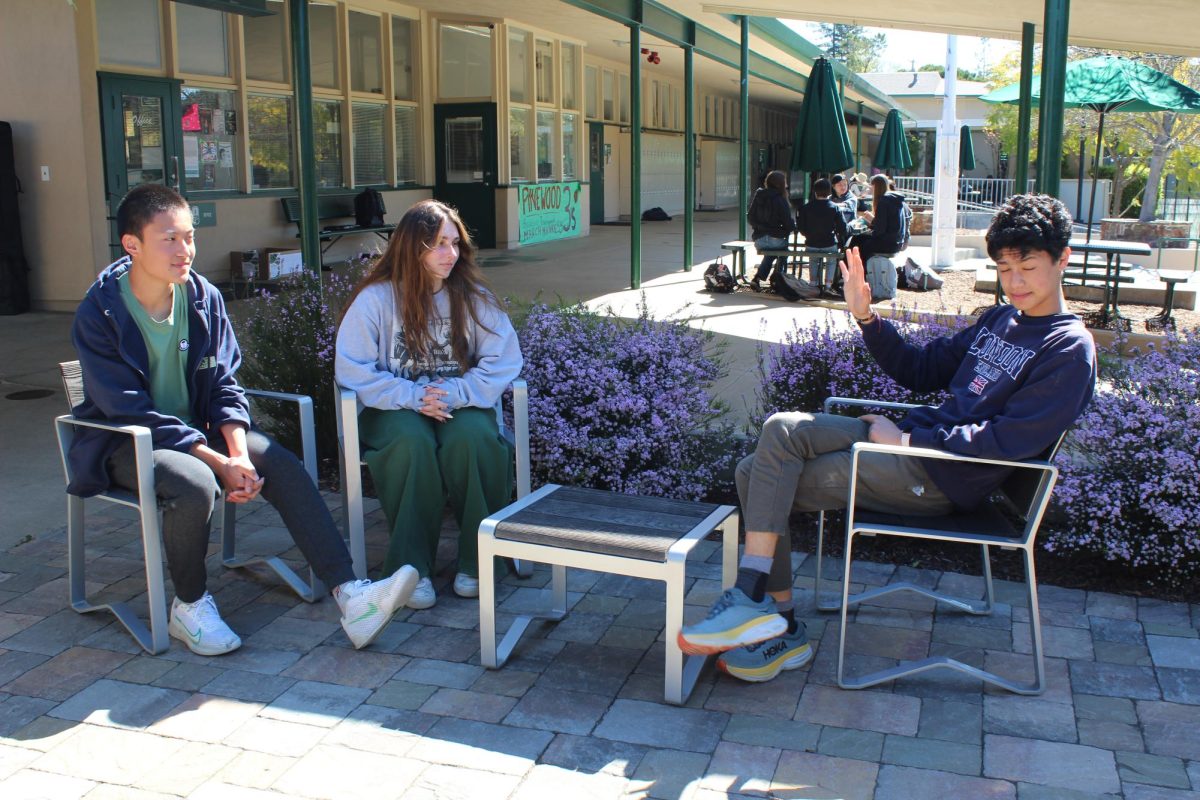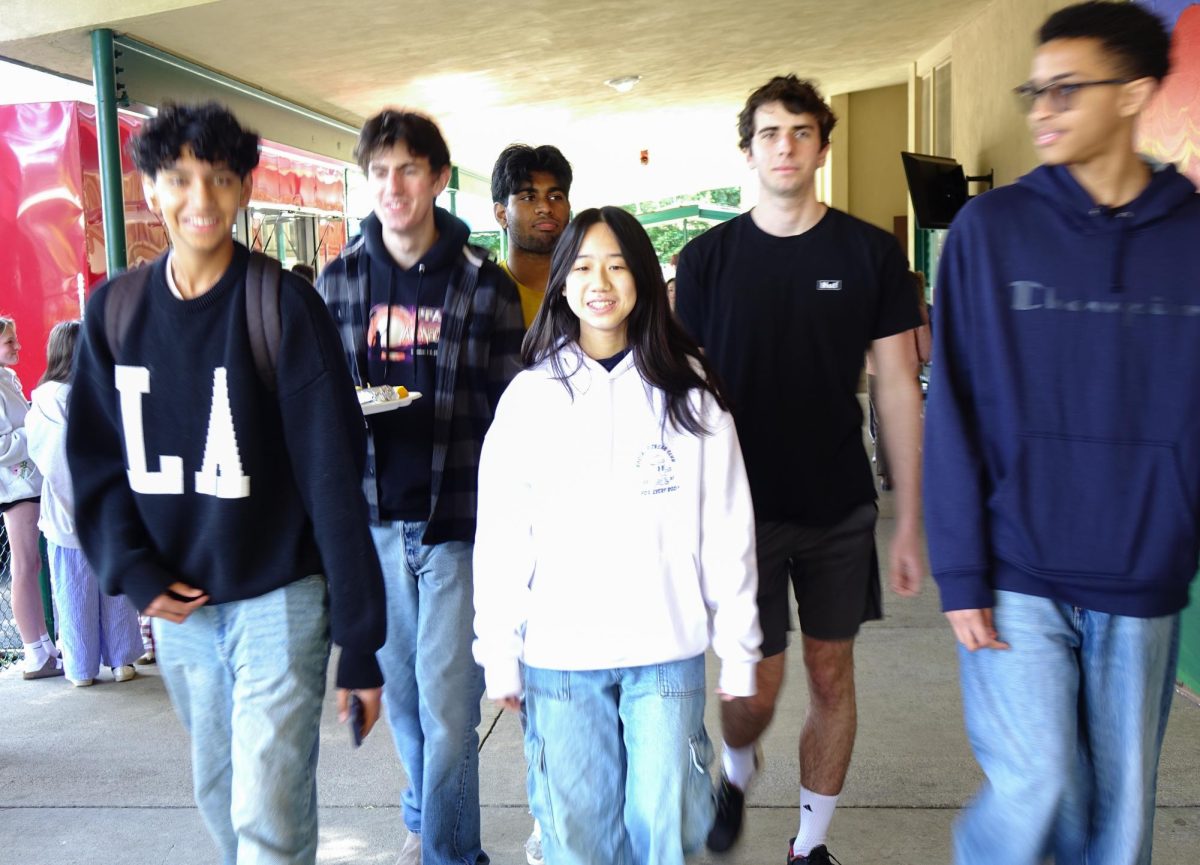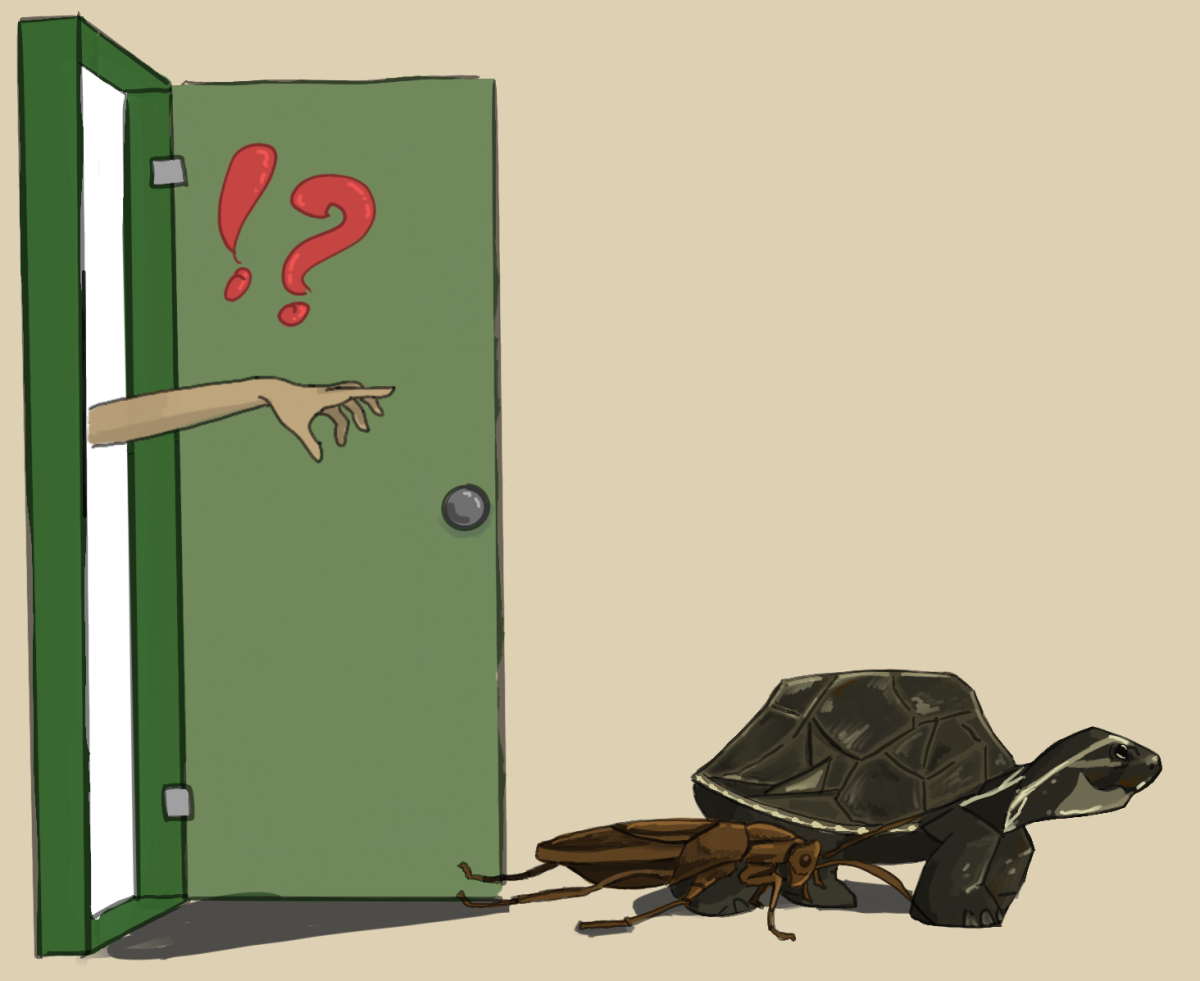
Candy wrappers stuffed in their pockets. Chocolate lingering in the corners of their lips. Keen parents may have noticed something awry with their children as of late. At pick-up, students gush eagerly about what they learned in their classes that day, but then quickly recede into their own world, content with focusing on their history project or literature annotations. Upon arrival at home, students quickly rush to their rooms, not to scroll endlessly on their phones, as a parent may expect their teenager to, but to work tirelessly on homework.
Similarly, some perceptive students have observed that, first thing in the morning, the candy jar in Upper Campus’ front office is always brimming with sugary delights. However, later on in the day, these students may realize that the candy jar has become conspicuously empty. While the average teenager may peg this as the common student’s insatiable desire for sugar, the most astute teens will begin to put two and two together, arriving at a far more sinister conclusion: Pinewood is using candy to manipulate students into enjoying school. And the ringleader of this whole operation? Upper Campus Office Manager Andrea Sanchez.
When asked about her involvement, Sanchez revealed, in a secretive whisper, that this idea had come to fruition after numerous complaints from teachers.
“For many years, Upper Campus teachers have protested their students’ inability to pay attention in class,” Sanchez said. “So, we faculty and admin have finally decided to take action against this problem. No longer shall we be interrupted and disregarded by students! We will take back control!”
Emboldened by this powerful display of emotion, Sanchez immediately ran away to refill her candy jar, just in time for the lunchtime rush.
As a result of this sugary plot, teachers are already noticing enormous shifts in their students’ behavior. High school history teacher Sophie Williams, for example, now feels more respected in her classroom.
“Students don’t fall asleep or play games on their iPads anymore when I lecture,” Williams said. “They actually listen to me when I’m talking! It’s amazing!”
While this scheme is a blessing for faculty, there is another, more devastating, side to this story. This is, of course, the lives of the students, which have been irreparably altered by these new desires to focus more on schoolwork.
Sophomore Kelly Anne Tu has been eating candy from the office candy jar for years. Before the introduction of the new candy, Tu used the office’s Jolly Ranchers and lollipops to spite her teachers, proudly displaying her green tongue in retaliation whenever she was called on. But now, Tu’s consumption of candy makes her a model student.
“I remember that I used to hate going to school,” Tu said. “But I can’t figure out the reason why because school is fantastic! We get to learn so many wonderful things while being surrounded by amazing sweet treats!”
The worst part of this whole ploy is that once students have begun to enjoy school, they show no signs of wanting to return to their old way of life. But is a desire to learn truly worth the loss of a student’s personality? The next time that they reach for a piece of candy, students should consider if they genuinely value outstanding academic achievement over their own individuality.






